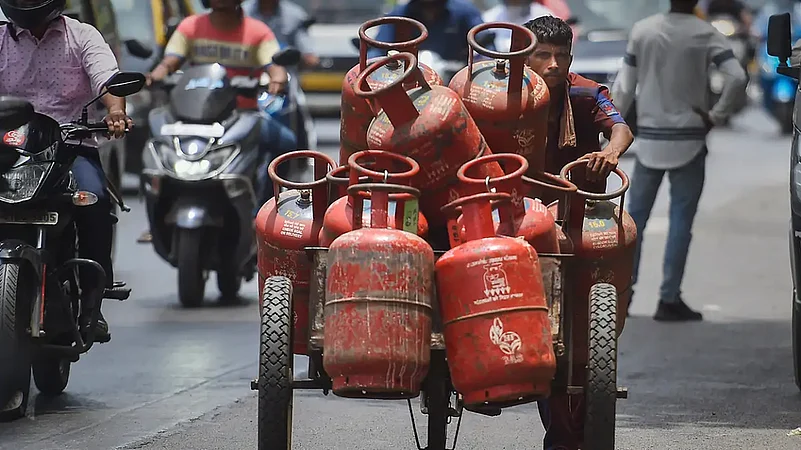Ahead of the festive season and Gujarat Assembly polls, the state has announced a major cut in Value Added Tax (VAT) on Compressed Natural Gas (CNG) and Piped Natural Gas (PNG). Giving relief to many citizens, Gujarat government has announced a reduction in VAT by 10 per cent on both these fuels. It has also said that two free gas cylinders will be given to Ujjwala scheme beneficiaries, which account to almost 38 lakh beneficiaries.
As per a PTI report, a cut in this VAT and two free Liquefied Petroleum Gas (LPG) cylinders to beneficiaries of the Ujjwala scheme is expected to cost the state exchequer around Rs 1,650 crore. This decision also reportedly comes at a time when the state is just a few months away from Assembly polls, elections that are being considered extremely strategic for the future of both state and centre level politics.
With the reduction in this VAT by 10 per cent, the revised rates would mean this tax coming down to 5 per cent on CNG and PNG. Before this, VAT in Gujarat on both fuels was 15 per cent. This means that the CNG prices would come down by Rs 6 per kg and PNG rates by Rs 5 per standard cubic metre, PTI reports.
Gujarat’s minister Jitu Vaghani said, “Our government has reduced VAT on CNG and PNG by 10 per cent. This will help homemaker women, auto-rickshaw drivers and all those who are using CNG-run vehicles.” The minister also added that with this tax cut, the government may lose over Rs 1,000 crore in revenue.
As per PTI, Vaghani also said, “Around 38 lakh families have been given LPG connections under the Ujjwala scheme. The state government has decided to provide two gas cylinders to each of these families per year. This will cost the government Rs 650 crore per year.”
































